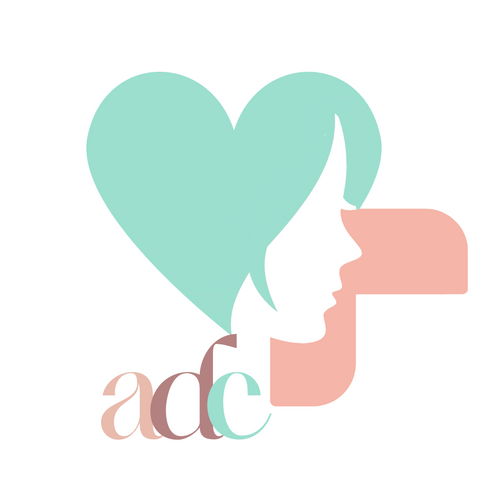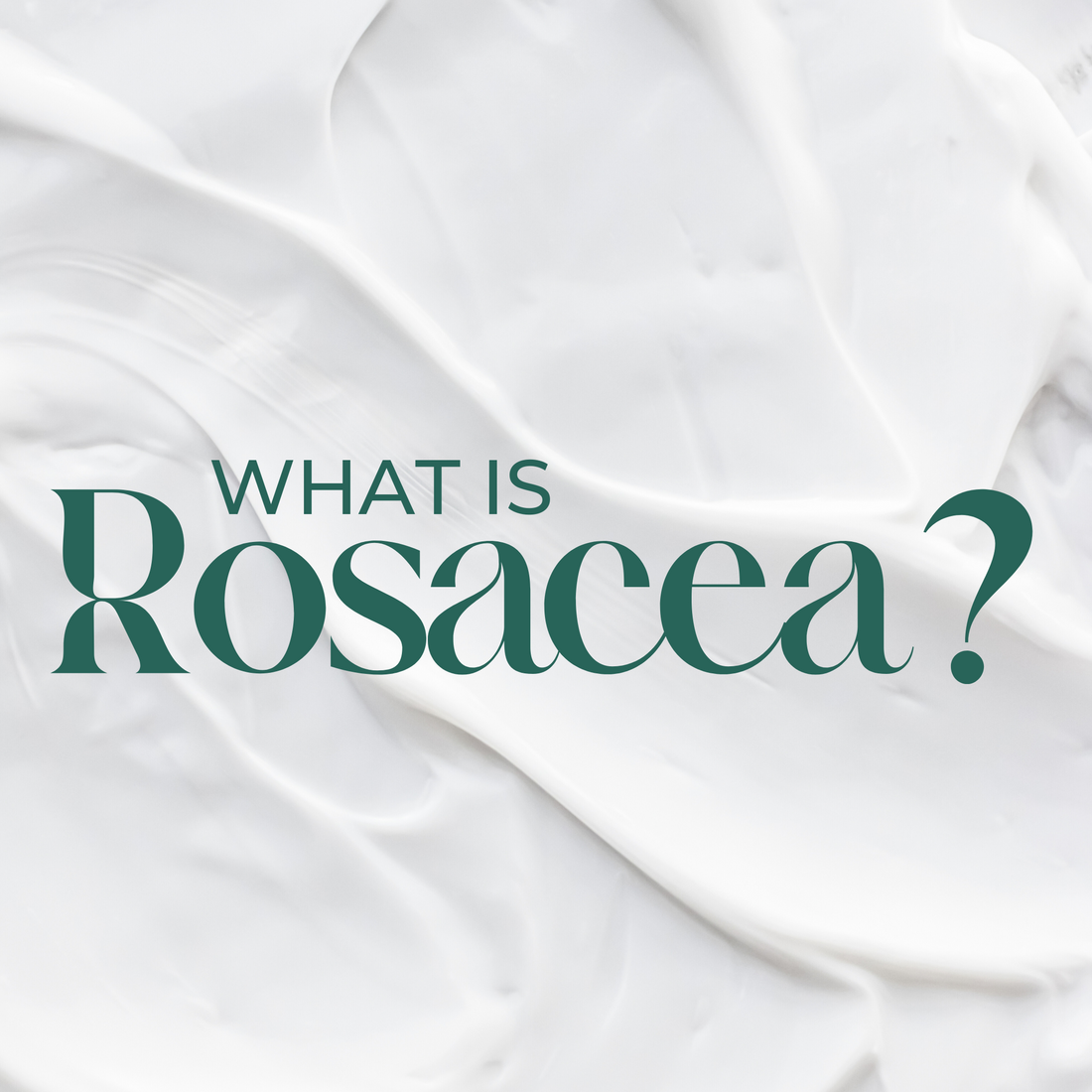Rosacea is a common skin condition that affects millions of people around the world. It typically presents as redness, flushing, and visible blood vessels on the face, but can also cause other symptoms such as dryness, itchiness, and bumps or pimples. While it is not a life-threatening condition, the symptoms of Rosacea can have a significant impact on a person's self-esteem and quality of life.
Fortunately, there are many ways to manage and treat Rosacea, from medical interventions to lifestyle changes and skincare adjustments. In this article, we will explore what Rosacea is, the symptoms it presents, and how it can be treated to help you feel more confident and comfortable in your skin.
What are the symptoms of Rosacea?
Common symptoms of Rosacea:
- Persistent redness on the face, particularly on the cheeks, nose, chin, and forehead
- Flushing or blushing easily, especially in response to certain triggers like heat, cold, alcohol, or spicy foods
- Visible blood vessels or spider veins on the face
- Bumps or pimples that resemble acne, often filled with pus or fluid
- Thickened or bumpy skin on the nose or other areas of the face
- Dryness, itchiness, or a burning sensation on the face
- Eye irritation, including dryness, redness, and a gritty or sandy feeling
How to identify the different subtypes of Rosacea:
- Erythematotelangiectatic Rosacea: This subtype is characterized by persistent redness, flushing, and visible blood vessels on the face, but does not typically involve bumps or pimples.
- Papulopustular Rosacea: This subtype includes redness, flushing, and visible blood vessels, as well as bumps or pimples that resemble acne.
- Phymatous Rosacea: This subtype is less common and involves thickened, bumpy skin on the nose or other areas of the face, which may also be accompanied by visible blood vessels.
- Ocular Rosacea: This subtype affects the eyes, causing redness, dryness, and irritation, and may be accompanied by other Rosacea symptoms on the face

What causes Rosacea?
Understanding the underlying causes of Rosacea:
The exact cause of Rosacea is not fully understood, but research suggests that it may be related to a combination of genetic, environmental, and immune factors. Some of the underlying causes of Rosacea include:
- Dysfunction in the immune system, which can lead to inflammation and irritation in the skin.
- Abnormal blood vessels in the face, which can cause redness and visible blood vessels.
- Demodex mites, tiny parasites that live on the skin and may contribute to Rosacea symptoms.
- Bacteria or other microorganisms on the skin that trigger an immune response.
Factors that trigger Rosacea symptoms:
While the underlying causes of Rosacea are not fully understood, there are several factors that can trigger or exacerbate Rosacea symptoms. Some of these factors include:
- Exposure to heat, sunlight, or wind
- Extreme temperatures, both hot and cold
- Spicy foods, alcohol, and hot beverages
- Stress and anxiety
- Exercise and physical activity
- Certain skincare products, such as those containing alcohol or other harsh ingredients.
Identifying and avoiding these triggers can help to manage Rosacea symptoms and prevent flare-ups. Additionally, seeking professional treatment and advice can be helpful in developing an effective management plan.

How can Rosacea be treated?
Medical and non-medical treatment options:
There are various medical and non-medical treatment options available for Rosacea. Medical treatment options include:
- Topical and oral antibiotics: These are often prescribed to reduce inflammation and kill bacteria on the skin.
- Topical medications: Prescription creams or gels containing ingredients like azelaic acid or metronidazole can help to reduce redness and inflammation.
- Laser and light therapy: These treatments can help to reduce redness, visible blood vessels, and bumps or pimples on the skin.
- Oral medications: In some cases, oral medications like isotretinoin may be prescribed to reduce symptoms.
Non-medical treatment options include:
- Skincare adjustments: Using gentle, fragrance-free skincare products and avoiding harsh ingredients can help to reduce irritation and inflammation on the skin.
- Sun protection: Using a broad-spectrum sunscreen and avoiding direct sun exposure can help to prevent flare-ups.
- Lifestyle changes: Managing stress levels, avoiding triggers like spicy foods and alcohol, and getting regular exercise can help to reduce symptoms.
- Dietary changes: While there is no specific "Rosacea diet," some people find that avoiding certain foods like dairy or gluten can help to manage their symptoms.
Skincare and lifestyle changes that can help manage Rosacea symptoms:
In addition to medical and non-medical treatments, there are several skincare and lifestyle changes that can help to manage Rosacea symptoms. These include:
- Using a gentle, fragrance-free cleanser and moisturiser
- Avoiding harsh exfoliants and abrasive skincare products
- Using a broad-spectrum sunscreen with an SPF of 30 or higher
- Staying hydrated and avoiding caffeine and alcohol
- Managing stress levels through meditation, yoga, or other relaxation techniques
- Getting regular exercise and maintaining a healthy diet
- Avoiding hot or spicy foods and alcohol, which can trigger symptoms.
By taking a comprehensive approach to managing Rosacea, including both medical and non-medical treatments, skincare adjustments, and lifestyle changes, it is possible to effectively manage symptoms and enjoy clearer, more comfortable skin

While Rosacea can be a frustrating and uncomfortable condition, there are many effective treatment options available. By understanding the underlying causes and triggers of Rosacea, making lifestyle changes, and seeking professional treatment and advice, it is possible to manage symptoms and enjoy clearer, more comfortable skin.
It is important to seek professional advice before beginning any new treatment regimen, as Rosacea can have many different subtypes and triggers. A qualified dermatologist or skin specialist can help to identify the type of Rosacea and develop a tailored treatment plan that works for each individual's unique needs and skin type.
Don't let Rosacea control your life - take control of your symptoms and seek treatment today. Make a booking with Rosh at Australian Dermal Clinic for a tailored skin plan to help reduce Rosacea and achieve clearer, healthier-looking skin.


